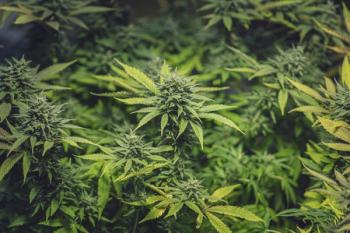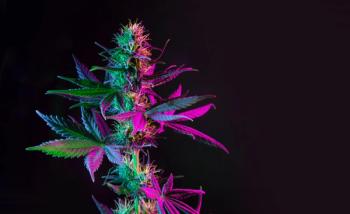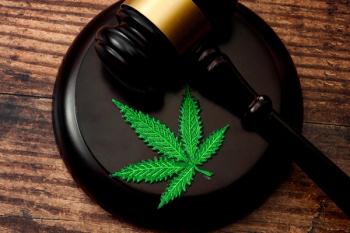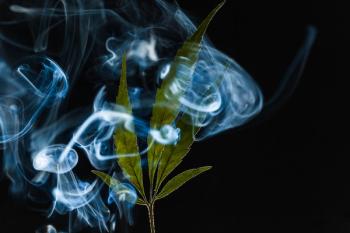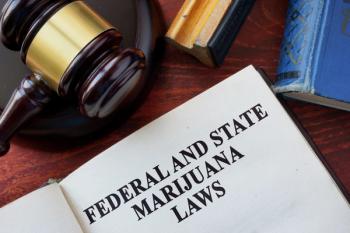
Clarifying Conversations: What's the Difference Between CBD and THC?
Learn more about the difference between CBD and THC—and why it matters.
John J. Miller, MD, shares why it is important to differentiate between CBD and THC when discussing cannabis at the 2022 Annual Psychiatric Times™ World CME Conference.
Miller: I'd like to spend a little bit of time talking about a topic that we hear all around the country, and that is cannabis. It's an area that [although] technically legally, it's still a Schedule 1 drug, which means it's illegal [on the federal level] throughout the United States. But throughout the 50 states, there's a wide range of state laws that have either legalized it for medical purposes or legalized it recreationally—or both—and in some states it’s still totally illegal.
When you look at the medical and psychiatric literature, there is a large amount of data about cannabis; there are studies looking at the psychiatric perspective, the neurocognitive perspective, medical issues, pain, sleep, et cetera. In my opinion, one of the biggest flaws with all of this literature is [researchers] continue to use the term “cannabis” as if that's a single item or a single molecule. And in fact, we know that the original cannabis that was being used in the 1960s—from plants, where it all began—only had about 2% THC [tetrahydrocannabinol] in it, as well as 2% of CBD [cannabidiol]. CBD is used commonly; you can purchase it [and] it is not illegal anymore, it’s an unscheduled drug. Whereas THC is still a Schedule 1 drug, and although in many states it's legal, federally it’s not.
When you look at the cannabis leaf, there are about 100 different molecules that are called cannabinoids. The 2 most common are THC and CBD. What's interesting is that the physiological effects of THC and CBD are kind of oppositional, but they’re used interchangeably. We know that CBD is actually FDA approved to treat 2 rare forms of seizure disorders, and so it has that medical utility. For CBD, there is [a growing body of] literature that CBD treats psychotic symptoms [and] it helps lower anxiety. Whereas we know that THC has totally opposite types of properties, especially in younger individuals, [such as] people up to age 25. When your brain is developing, THC can actually impact the way the brain wires itself and cause cognitive impairment that potentially is irreversible; it may translate to a decreased overall lifetime IQ, 5 to 10 points lower than it would have been otherwise. And especially for people with increased risk for psychotic disorders, THC can cause a 500% increased risk of having their first psychotic episode. So, these 2 molecules, important components of cannabis, are very different. When it comes to the conversations about what cannabis, is we really need to separate that conversation into, are we talking about THC or are we talking about CBD?
Dr Miller is Medical Director, Brain Health, Exeter, New Hampshire; Editor in Chief, Psychiatric Times™; Staff Psychiatrist, Seacoast Mental Health Center, Exeter; Consulting Psychiatrist, Exeter Hospital, Exeter; Consulting Psychiatrist, Insight Meditation Society, Barre, Massachusetts.
Newsletter
Pharmacy practice is always changing. Stay ahead of the curve with the Drug Topics newsletter and get the latest drug information, industry trends, and patient care tips.

